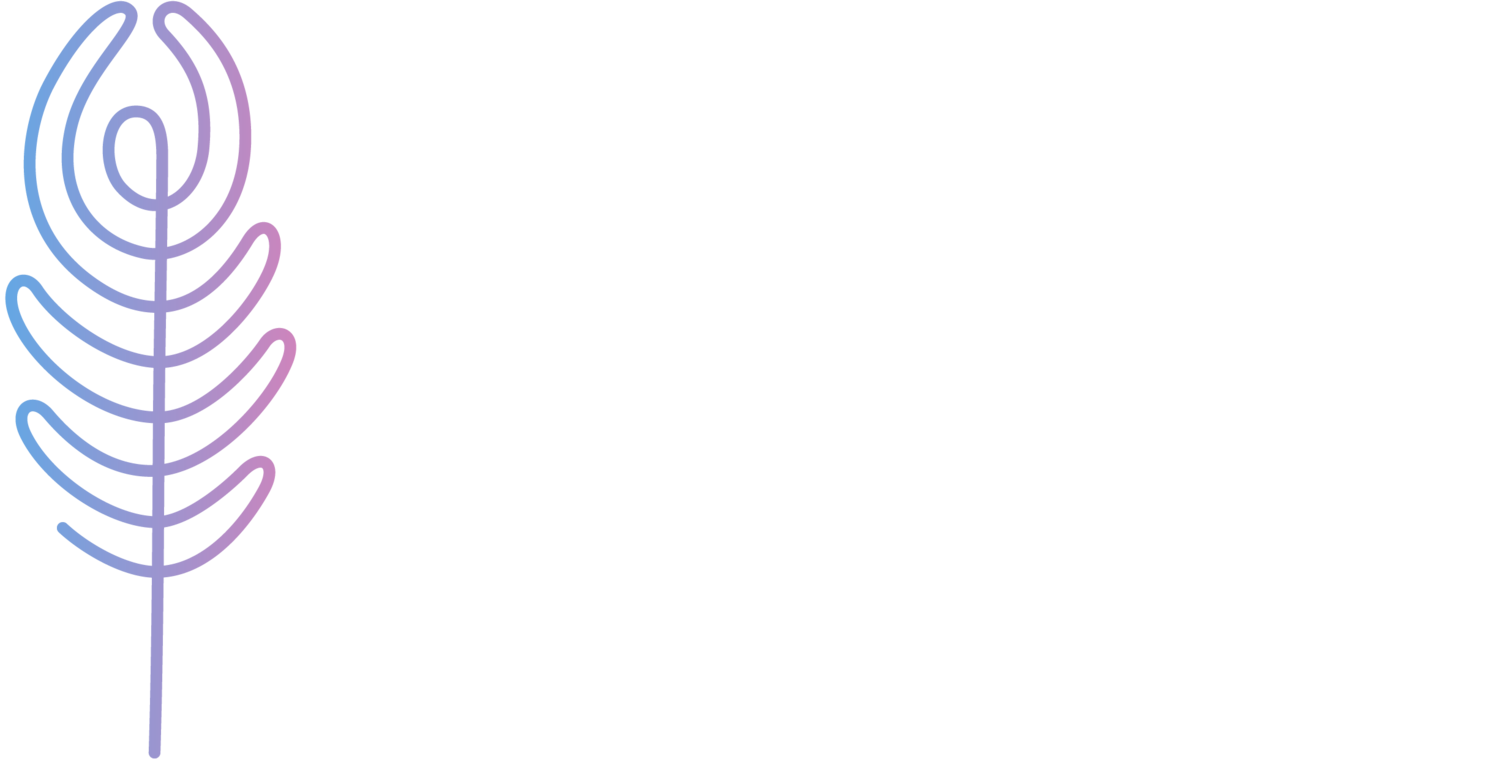Andrew Thais (Akwesasne Mohawk) Post baccalaureate/applying for nursing school Fall 2024
Andrew Thais has been driven by a profound sense of care and responsibility from a young age, shaped by his experiences within his family and community. Raised with the expectation to care for his cousin with disabilities, Andrew's early life was infused with the importance of compassion and support. Witnessing the compassionate care his tota (grandfather) received during his final months in a nursing home on their reservation deeply impacted him, reinforcing the significance of culturally sensitive healthcare. When the COVID-19 pandemic struck in 2020, Andrew became the primary caregiver for his tota (grandmother), further solidifying his commitment to healthcare and nurturing others. Although initially drawn to mental health advocacy, Andrew ultimately returned to his childhood aspiration of nursing, recognizing the critical need for quality healthcare within Indigenous communities. His aim is to serve his own community in Akwesasne or nearby hospitals, offering comfort and familiarity to patients during challenging times. With a BA in Psychology from Siena College and a Post Baccalaureate in Psychology from UC Irvine, Andrew brings a wealth of knowledge and research experience to his pursuit of a nursing degree. Currently involved in the AIM Ahead Program, Andrew is dedicated to increasing diversity in research while preparing to embark on his journey towards becoming a nurse. In his spare time, he finds solace in reading, exercising, and snowboarding, grounding himself for the impactful work ahead.
“I am embarking on a career in nursing, and I am hoping to join a network of Indigenous healthcare workers who can provide support to one another as we travel this journey from school to career.”
Assessing the Need for a Nursing Home Facility in Akwesasne
Andrew's project focuses on addressing elder care within the Akwesasne community, specifically exploring the feasibility and potential benefits of establishing a nursing home facility on the reservation. By conducting interviews with families who have elders in the existing nursing homes and individuals who utilize the senior center, Andrew seeks to gather insights into the current state of elder care and assess the need for additional facilities. Using qualitative methodology, he aims to identify common themes and perspectives regarding the accessibility and value of nursing home facilities within the community. Andrew anticipates that his findings will highlight the importance of accessible elder care options on the reservation, potentially advocating for the establishment of a nursing home facility to better serve community members. Additionally, he expects to uncover challenges associated with navigating insurance programs for elder care services, shedding light on the complexities of accessing healthcare resources for elders within the community.

